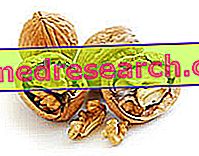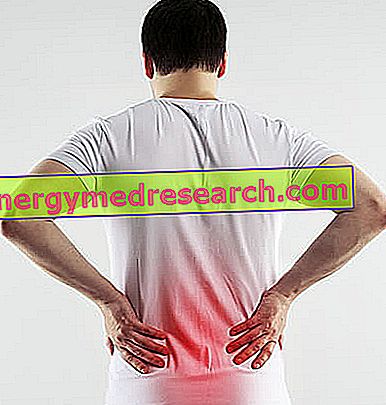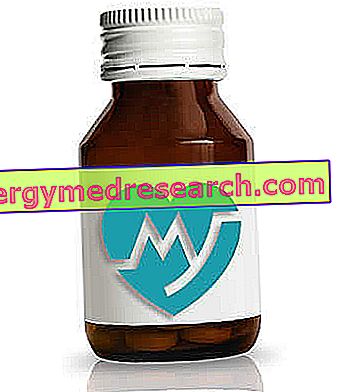Phytosterols in the Diet
Phytosterols are natural components of the human diet; they are found in excellent quantities in vegetable oils, nuts and cereals.
In western countries the dietary intake of phytosterols is similar to that of cholesterol (150-400 mg / day) and increases by about 50% in vegetarians. These substances - structurally and functionally similar to animal cholesterol - are not normally absorbed, except in a very small part, in the intestine.
Effects on cholesterol

Through a regular intake of about two grams of phytosterols a day - be it of a purely alimentary nature or supplemented with specific supplements - it is possible to reduce LDL cholesterol to a variable extent between 8 and 15%.
This now known characteristic contributes to making topical products enriched with phytosterols, supported by pounding advertising campaigns and freely available at the common supermarkets. All with the conviction that phytosterols represent a panacea for the health of the heart and arteries. It is no coincidence that high cholesterol is considered - although to a lesser extent than in the past - an important risk factor for cardiovascular diseases (the first cause of death in the industrialized world).
Side effects
By examining the literature on phytosterols, one can easily come across some studies that accuse them - in certain circumstances - of not only being ineffective in reducing cardiovascular risk, but even favoring atherosclerotic processes by increasing susceptibility to myocardial infarction, stroke and other cardiovascular diseases. This side effect is inherent in the small proportion of phytosterols absorbed in the intestine and in the consequent increase in their plasma levels.
Watch the video
X Watch the video on youtubeFamilial sitosterolemia
If we examine a rare genetic condition known as familial sitosterolemia, we notice the possible side effects of these substances. The subjects who are affected have an exalted intestinal absorption of phytosterols, aggravated by a reduced biliary excretion of the same. The sad result is an increase in blood and tissue concentrations of phytosterols, responsible for particularly serious cardiovascular diseases that arise prematurely despite cholesterolemia being normal or only slightly increased.
This observation has raised the hypothesis - confirmed by some studies and denied by others - that a modest increase in blood concentrations of phytosterols can produce atherogenic effects. Consequently, an excessive chronic food intake - especially in the population with an innate predisposition to their absorption (subjects heterozygous for the gene that causes sitosterolemia) - could favor the appearance of the same diseases that we intend to prevent with their use. All this, obviously, is not mentioned during the television promotion of phytosterol-based products, nor on their labels.
Although the subject is still debated, and the risk considered to be very low in the healthy population, it would still be appropriate for the loyal users of these products to be made aware of the possible risks, however remote, of this practice.



